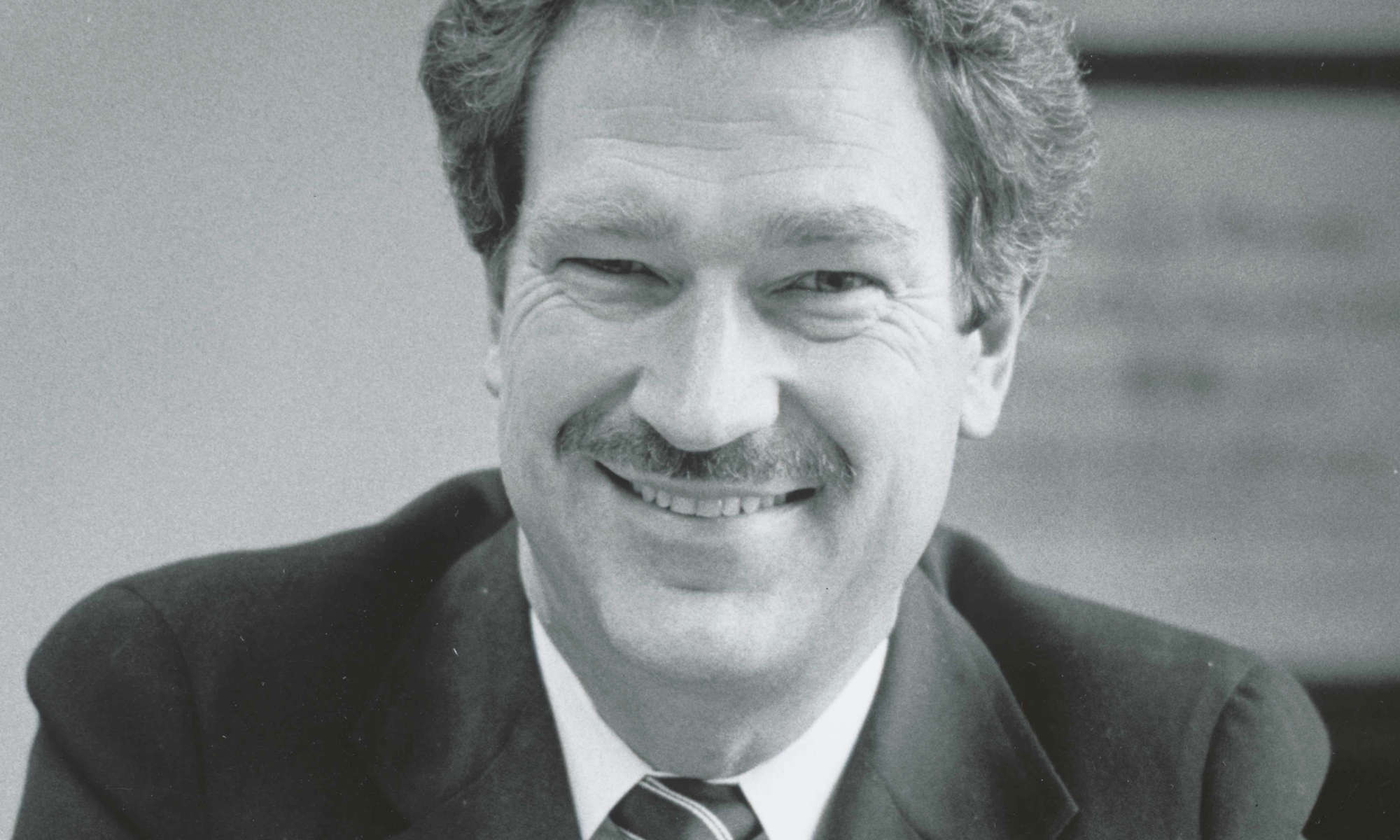In a 2013 TED talk, Nigerian novelist Chimamanda Ngozi Adichie spoke about the danger of a single story. “The single story creates stereotypes,” she said. “And the problem with stereotypes is not that they’re untrue, but that they’re incomplete. They make one story become the only story.”
A single story—in this case, an article—from August got the attention of Jonathan Burdick, dean of admissions and financial aid.
The article? Business Insider’s compilation of “The 11 Least ‘Livable’ Cities in the World.” Burdick saw the list of cities deemed “difficult to live in,” and wanted to hear what University of Rochester students from those cities had to say.
First-hand perspectives
During this year’s International Education Week, the University’s Renaissance and Global Scholars convened a seven-student panel discussion on the topic. The panel featured:
- Rose Mbaye ’16 from Dakar, Senegal
- Hamed Kone ’15 from Abidjan, Ivory Coast
- Prince Nyatanga ’16E from Harare, Zimbabwe
- Ali Ramoul ’15 from Algiers, Algeria
- Olasunkanmi Jeffrey Asunmonu ’17 from Lagos, Nigeria
- Babaga Kwarara ’15 from Port Moresby, Papua New Guinea
- Syed Reefat Aziz ’16 from Dhaka, Bangladesh
Panelists introduced themselves, shared the opportunities and challenges of life in their hometowns (as well as in Rochester), and debated the purpose and methodology of the survey on livability. By sharing their thoughts and perspectives, the panelists pushed back on the single story of these rankings. Furthermore, they offered the audience—comprising Rochester natives and international students alike—a more nuanced understanding of the world.
“Assessing livability is inherently qualitative. A problematic list like this sheds light on biases in perspective,” remarked Aziz, who was raised in Dhaka, Bangladesh, before coming to Rochester. He argued that such rankings constitute “strategic deployment of oppression” and perpetuate perceptions of these countries as “backward, conservative, not up-to-date.”
Other panelists also highlighted the survey’s reductive approach. For example, Asunmonu pointed out that Lagos was listed, in part, because of instability. The survey attributed the low stability score to Boko Haram, the militant Islamist movement based in northeast Nigeria. That’s an almost 20-hour drive from the capital, approximately the distance between Rochester and Atlanta, Georgia.
“I’m not trying to be insensitive to the people who face that reality, but the city of Lagos is not the same as the entire country of Nigeria,” he said.
Learning from each other, making the world Ever Better
When moderator Naomi Everhart ’16 asked the panelists if they planned to move back home after graduation, every single one said yes—even while acknowledging the need for improvements.
“Development is about embracing who you are and applying what you’ve learned from the wider world,” said Kone. He appreciates his experiences and opportunities in Rochester, but also notes that no city is perfect. For example, relative to Abidjan (considered the cultural crossroads of West Africa), the city of Rochester “is a village. Downtown [Rochester] is literally three blocks.”
In other words, there’s room for improving livelihoods in cities around the world. This is more important that ever, according to Burdick. That’s because chances are high that many of today’s students could one day live or work in what is now considered the “developing world.” And likewise, more students from around the world are coming to places like Rochester to study.
The 11 Least “Livable” Cities in the World, according to The Economist Intelligence Unit (via Business Insider, which refers—problematically—to them as “The Eleven Worst Cities”):
- Dhaka, Bangladesh
- Port Moresby, Papua New Guinea
- Lagos, Nigeria
- Karachi, Pakistan
- Algiers, Algeria
- Harare, Zimbabwe
- Douala, Cameroon
- Tripoli, Libya
- Abidjan, Cote d’Ivoire
- Dakar, Senegal
Bonus: Damascus, Syria




